

Director and Dean, UCL Institute of Education, University College London
Roundtable discussion
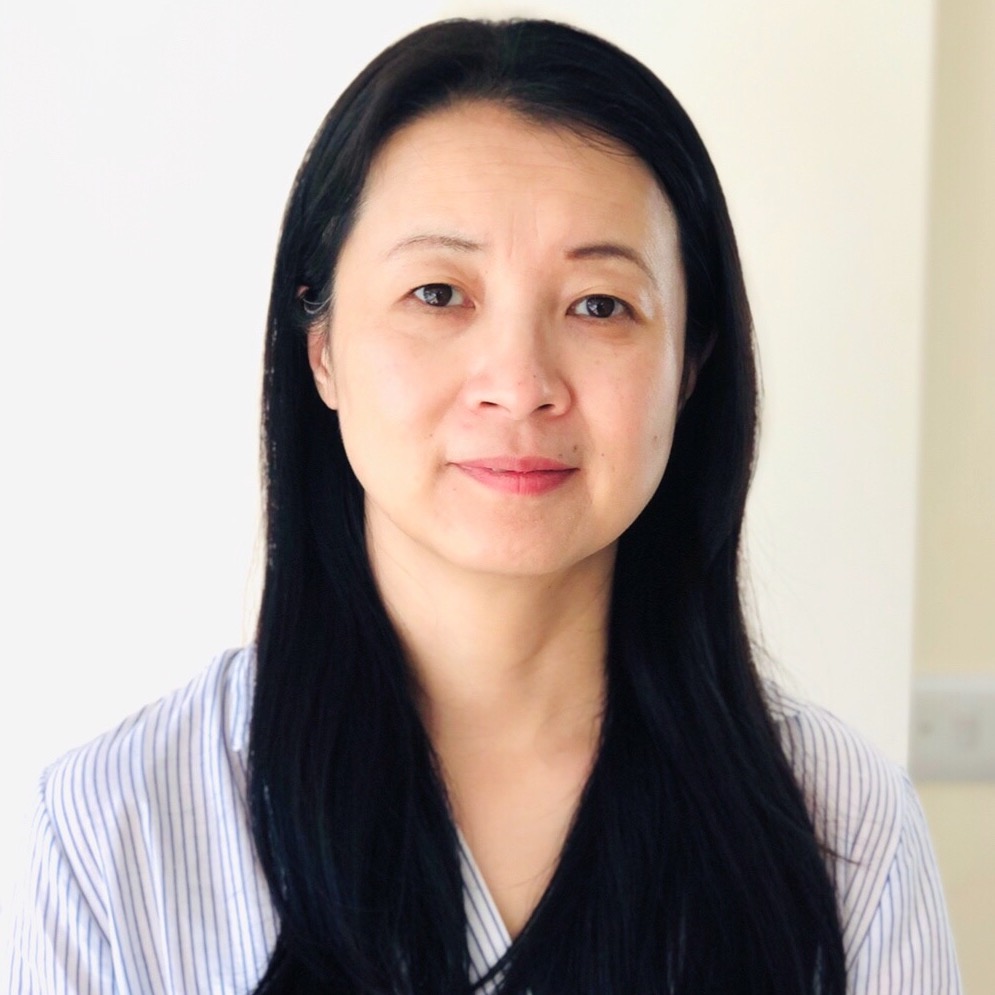
Director of International Centre for Intercultural Studies, IOE,
UCL Institute of Education,
University College London
Talk title:
New dynamics, New Agendas? Revisiting promise and priorities of intercultural research
Title:
New dynamics, New Agendas? Revisiting promise and priorities of intercultural research
Technology is recognised as one of the six ‘imperatives’ that have historically shaped the field of intercultural research, along with demographic diversity, economic competitiveness, peace, self-awareness, and ethics (Martin and Nakayama, 2011). With the increasing integration of Artificial Intelligence (AI) technologies into our lives and society, it becomes crucial to understand their impact on intercultural dynamics.
In this talk, I will explore the emerging dynamics and new research agendas in digital interculturality, using AI recruitment interview as an example. I will reflect on the conceptual and methodological issues that emerge in this context.
Professor of Critical Applied Linguistics and Vice-Dean (International),
IOE, Faculty of Education and Society,
University College London
Talk title:
Between infinite delight and finite dystopia: The lingua franca dynamics of intercultural communication in the digital age
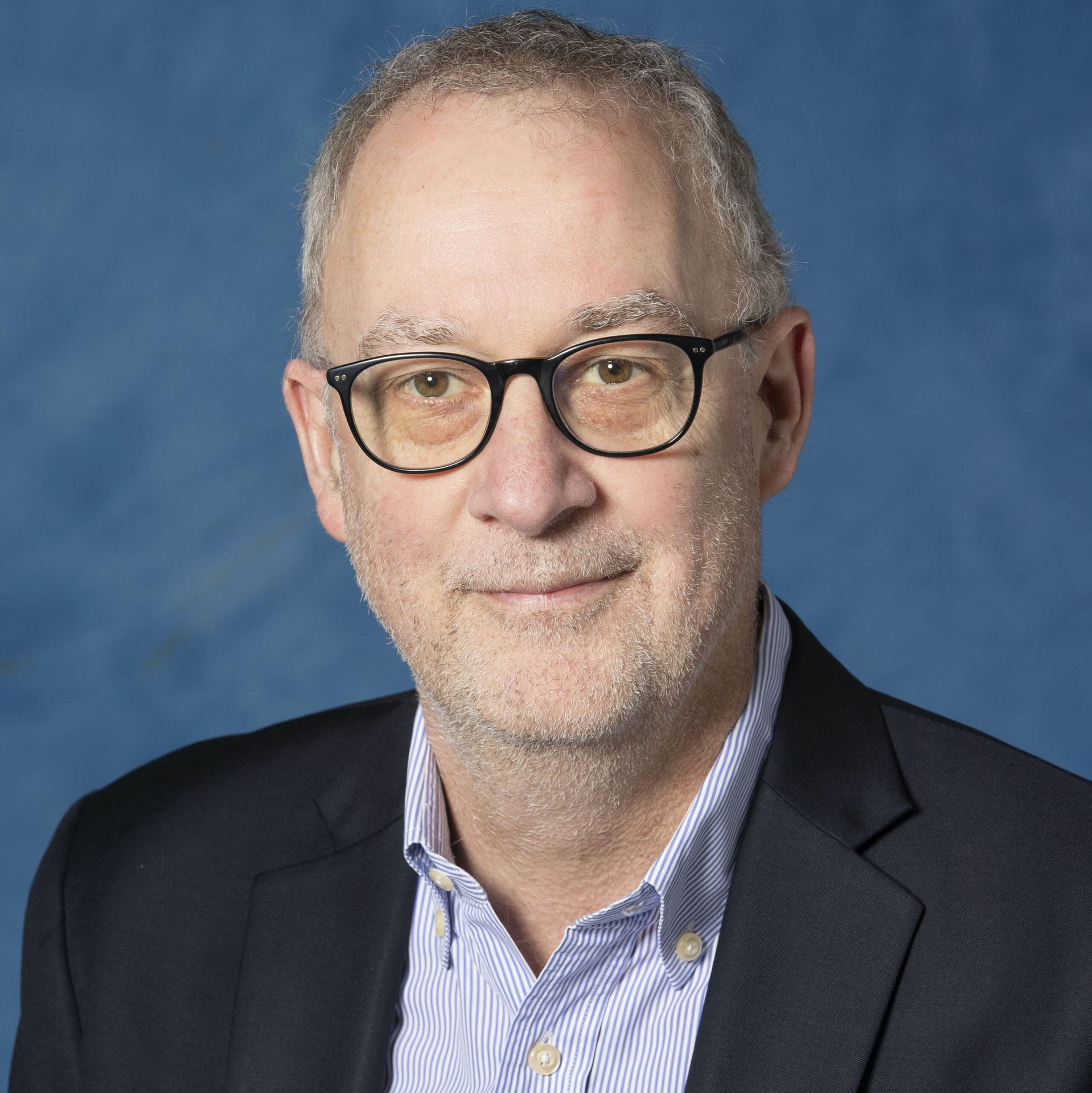
Title: Between infinite delight and finite dystopia: The lingua franca dynamics of intercultural communication in the digital age
In this paper I interrogate the implications of AI for English as the dominant medium of global intercultural communication. With the rise of automated translation systems, customer-sensitive chatbots, and AI-generated bespoke text, is the world moving beyond the native-centric models of English and embracing superdiverse tr
anslingualism as a new norm? With AI seeming to offer minimum impediments to communication across lingua-cultural boundaries, will English language models based upon native-centric norms become increasingly irrelevant so potentially revolutionizing global English-medium intercultural communication? Or is this wishful thinking, and native-centric models will become more hyper-central than ever before?

Chair Professor of Language, Literacy, and Social Semiotics in Education,
The Education University of Hong Kong
Talk title:
Trans-culturing Communication: Towards ‘4Ts’ Lenses in Action
Title:
Trans-culturing Communication: Towards ‘4Ts’ Lenses in Action
Intercultural communication education often confronts the theoretical challenge of teaching about diverse cultural beliefs, values, and practices without resorting to essentialism. Despite the frequent caution against such essentialism in intercultural communication textbooks, a recurring pattern continues to depict Culture A as having certain more or less fixed cultural attributes. This raises a pertinent question: how can we enhance learners’ sensitivity towards different cultural perspect
ives without essentializing them?One potential solution could be to reframe intercultural communication as transcultural communication (Yanase, 2022).
This theoretical shift acknowledges the fluid and evolving nature of cultures, which lack rigid boundaries and are in a state of constant evolving and co-evolving. Drawing on Yanase's work and the theories of translanguaging and flows (Lemke & Lin 2022), I introduce the concept of 'trans-culturing'.This concept, in conjunction with translanguaging (Li & Garcia 2022), trans-semiotizing (Lin, 2019), and transknowledging (Heugh et al., 2021), forms the ‘4Ts’ lenses. These lenses propose a novel approach to advancing both theory and practice in the domains traditionally referred to as intercultural communication and intercultural education. This fresh perspective challenges conventional understandings and fosters a more nuanced appreciation of cultural diversity and dynamics.
Professor, Department of English Language Education,
The Education University of Hong Kong
Talk title:
“I” for Identity: Piecing together a sense of self among the dazzles of the digital age
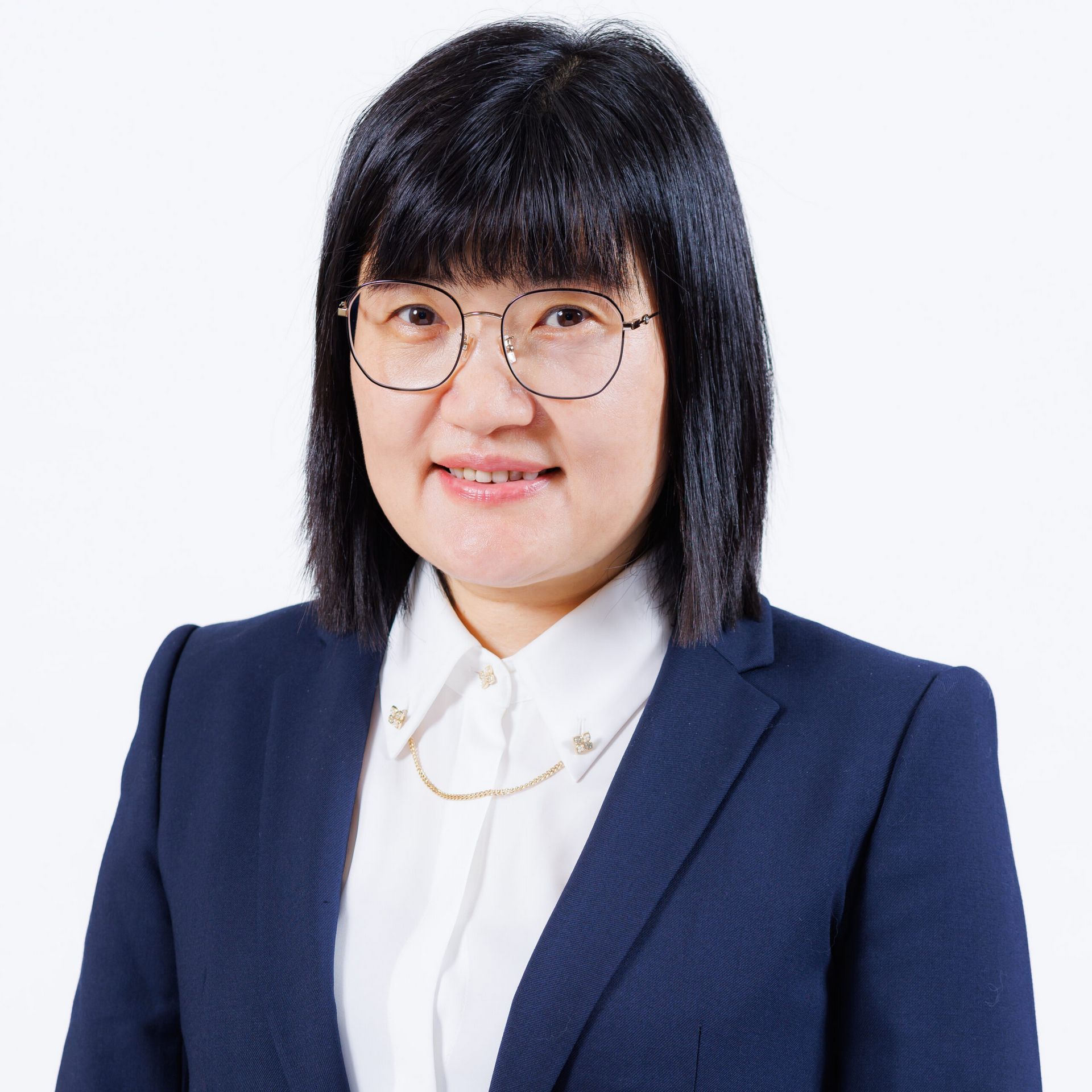
Title:
“I” for Identity: Piecing together a sense of self among the dazzles of the digital age
In this talk I will consider the ways in which identity formation has been transformed by recent technology on intrapersonal, interpersonal, and cultural levels. As the boundaries between the physical and the virtual worlds continue to blur, we seem to be constantly switching identities while jumping between spaces. What used to be a diary is now an app or a social media account. What used to be an intimate space becomes a makeshift professional setting by day and home by night. What used to be a calculation device has turned into a portal to infinite information and opportunities to create multiple selves. While we (together with our avatars) reflect on what and who we have become, we must also tread the ethical quandaries that emerge. The fact that this would require a critical use of technology brings us to the research domains of digital literacy and digital citizenship, where digital activities are observed and investigated.
By referring to one of my published studies, I elaborate on a qualitative inquiry into the social, cultural, and educational practices of bilingual university students in Hong Kong. I found that their practices were indeed digitally mediated but at the same time shaped by their agency, personal aspiration, and social engagement. Diverse linguistic and semiotic recourses were among the toolkits at play. In summary, this talk reflects on how we may navigate the tensions presented, and how we may help our younger generation to achieve the same.
Associate Professor, Department of International Education,
The Education University of Hong Kong
Talk title:
Understanding campus-based intercultural social capital for minority university students in Hong Kong
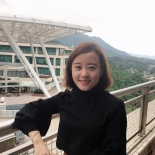
Title: Understanding campus-based intercultural social capital for minority university students in Hong Kong
Social capital accrued via
cross-racial/ethnic networks plays an important role in the adjustment, persistence,
and success for minority groups of university students. Drawing on interviews
with minority university students in Hong Kong, this study canvassed their
intercultural networking, its influences and institutional factors that
conditioned its accessibility. Findings unearthed a campus environment wherein
a monolithic Chinese/Cantonese culture and de facto racial/ethnic-
segregation contributed to their restricted academic/social engagements with
other counterparts and added to the manifestations of marginalisation in the
literature that has been preoccupied with racial lines around the Black-White
binary in Western contexts.
Assistant Professor, Department of Curriculum and Instruction,
The Education University of Hong Kong
Talk title:
Rethinking Critical Reflections as a Tool for Future-Proofing Pre-service Teachers for Culturally Diverse Classrooms
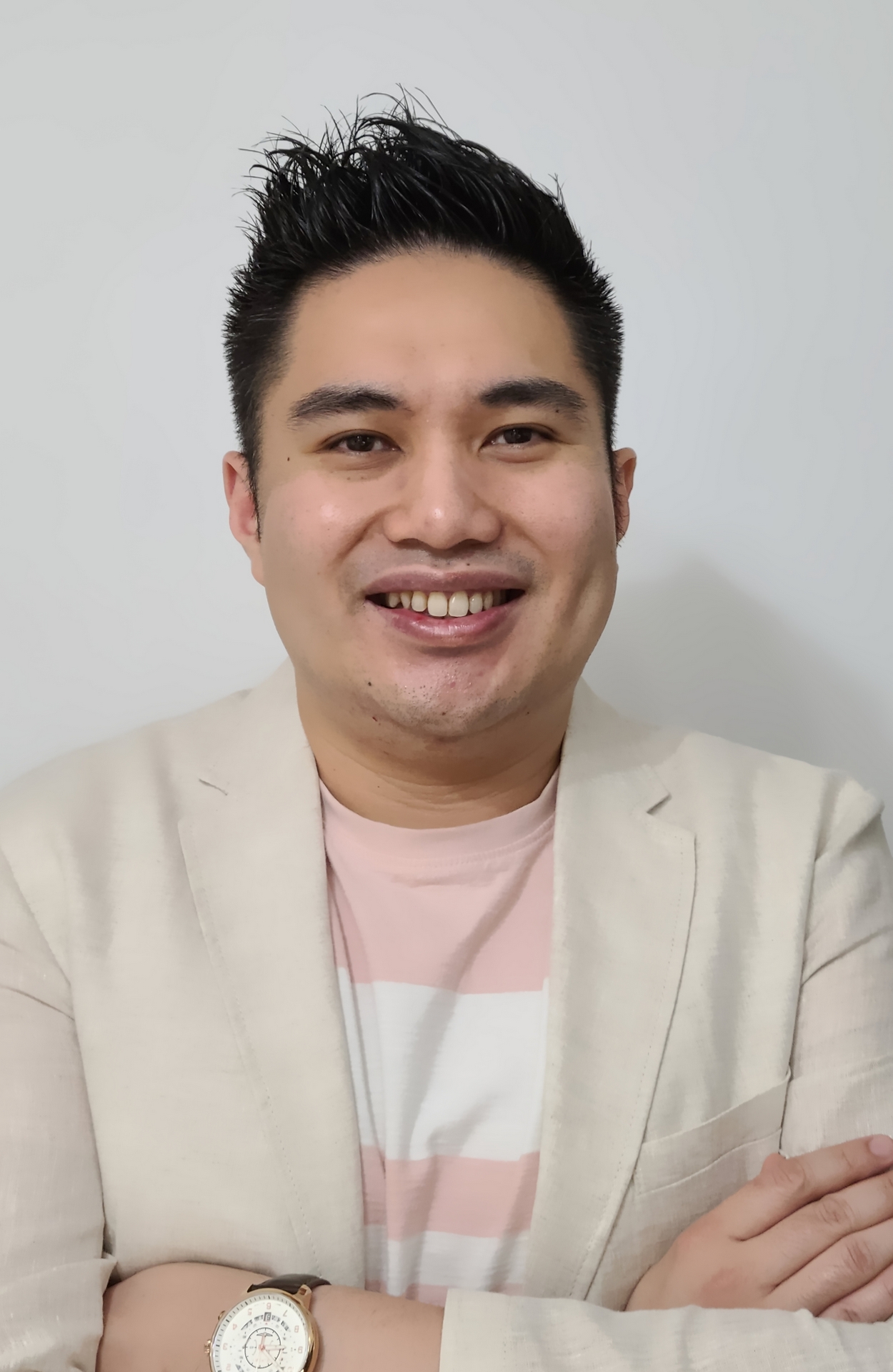
Title: Rethinking Critical Reflections as a Tool for Future-Proofing Pre-service Teachers for Culturally Diverse Classrooms
Preparing teachers for culturally diverse classrooms remains a weighty subject in teacher education as it inevitably touches upon unsettling conversations around racial exclusion and biases. This keynote discusses the dialogical and affective aspects of critical thinking necessary for developing teachers’ positive attitude towards cultural diversity. Drawing on data from a multicultural learning project, the keynote advocates for the role of digitally mediated environments and tools in teacher education in championing equity and positive relations across cultures.
Date: 27 April 2024
Time: 9:00 am - 2:30 pm
Mode:
Face-to-face
Venue: D1-LP-03, The Education University of Hong Kong, Tai Po Campus